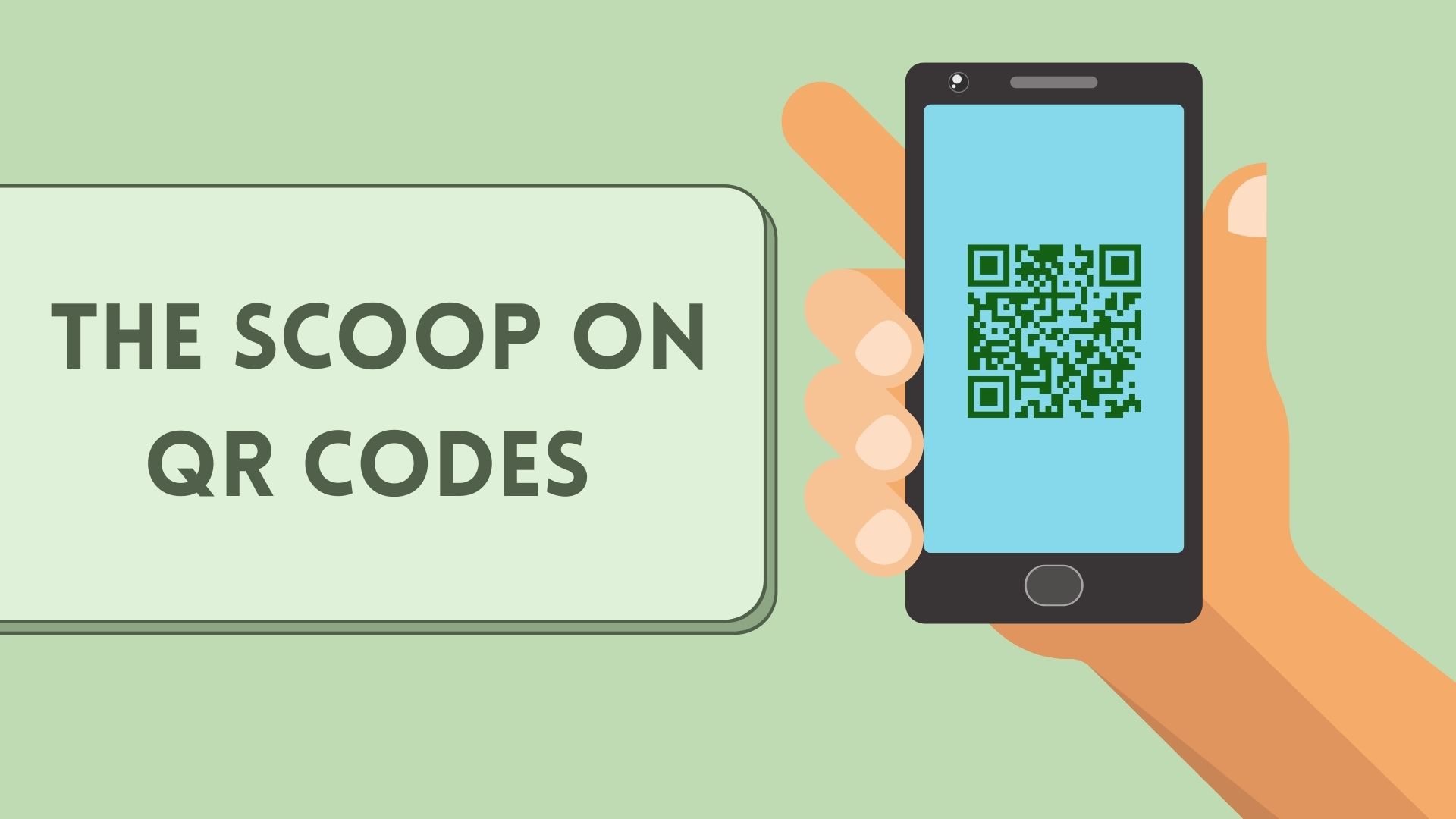Are you being inundated by QR Codes? Are you confused by this new technology?
QR codes are the funny little black and white squares with squiggles in them that you are seeing everywhere – restaurant menus, posters, digital payments, healthcare check ins, vaccine sign ups, newsletter opt-ins and even Poolesville Seniors will be using them soon.
QR Codes were intended to present information/data to any scanning device very quickly. It takes only a few seconds to scan a QR Code and retrieve the data held within – as opposed to typing in a website/URL.
Over the last 18 months, QR Codes have been popping up everywhere in our day-to-day lives. Although the use and prevalence of QR codes in many parts of the world is old hat, for some reason it took a pandemic for this spinoff of the traditional barcode to take root in the United States.
The onset of COVID-19 and the desire to socially distance and touch fewer surfaces introduced — and in some cases forced — an enormous number of new applications for QR codes that previously would have never been imagined. On top of that, the smartphone device now exists in nearly everyone’s pocket or purse and the software applications that support QR code recognition are usually a part of the mobile operating systems on these devices.
QR codes work in a similar fashion to the way a barcode works. Most smart phones will automatically recognize a QR code by opening your camera app and pointing your camera at the QR code. The phone is scanning a graphic that has a unique pattern that is associated with an object in a database. In the case of a QR code, you’ll most often find that tied to a URL or website. Whereas a barcode typically references a product skew in a database.
As with everything, there are those who are using this technology criminally. There are a lot of scams involving QR codes. Some contain malicious software that you may unknowingly download by scanning the code. The Better Business Bureau is receiving reports of these codes linked to phishing scams. They recommend that if someone sends you a code, check with the sender before you scan it and don’t open any suspicious links. There are security links which are part of anti-virus software that can offer some protection against scams. If the QR code takes you to a site that asks for your personal information, don’t do it. Get off the site immediately.
Also assume that any document with your name and a Bar or QR code, from a boarding pass to an insurance bill, contains personal information. Be sure to shred it when no longer needed.
From placing an order in a restaurant to applying for a job, QR codes have evolved to be the digital gateway for so many of our daily transactions. Upon seeing the variety of extremely useful applications for this technology, it can be hard to imagine why it took so long for it to achieve such wide acceptance.

